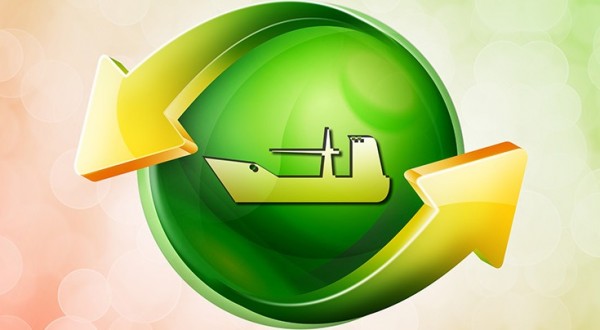It seems that lately the all-consuming, requirements of 2020 sulphur cap are somehow overshadowing those of the Inventory of Hazardous Materials (IHM) which are crucial for ensuring green and sustainable shipping as well, in the ship recycling field though. IHM is one of the most important documents in planning the recycling process of a ship. Specifically, it allows recyclers to know exactly what hazardous materials are onboard a vessel and where they are located.
From 31 December 2018, EU-flagged commercial vessels above 500 GT must be recycled in safe and environmentally sound ship recycling facilities that are included on the European List of approved ship recycling facilities. The EU Ship Recycling Regulation mandates vessels under the EU “umbrela” and/or vessels that visit an EU port to have an Inventory of Hazardous Materials (IHM) by the end of 2020. The objective of the Regulation is to reduce the negative impacts linked to the recycling of ships.
Although the Hong Kong Convention has not entered into force yet, some ratifications are expected in near future. As such, it legally doesn´t exist, however, it provides the right way forward for all stakeholders. All in all, effective compliance starts with getting the Inventory of Hazardous Materials (IHM) prepared. That would prevent ship owners from being in the headlines in case an accident happens during recycling on one of their formerly owned ships.
The recycling market has already been split into “green” vs. “top dollar”. In case of entry into force of HKC we´ll certainly see an increase in the green market and it would level the playing field. Also it would ensure that all parties involved will live up to the requirements and cases where ships are sold for green recycling but the owners are not even providing an IHM will no longer be possible.
… commented Mr. Henning Gramann, CEO at GSR Services GmbH in an exclusive interview with SAFETY4SEA.
HKC vs EU-SRR: A quick overview
The Hong Kong Convention (HKC)
The Hong Kong International Convention for the Safe and Environmentally Sound Recycling of Ships (HKC), recognizes IHM on board a ship throughout its life-cycle as a key requirement. According to EMSA, The Convection covers the design, construction, survey, certification, operation and recycling of ships to facilitate safe and environmentally sound recycling.
In accordance with Regulation 5 of the Annex of the HKC, each ship shall have on board an IHM, verified either by the Administration or by any person or organization authorized by it. It is important to mention that HKC has not entered into force yet, even though some more ratifications can be expected in near future, and as such it doesn´t legally exist.
The EU Ship Recycling Regulation (EU-SRR)
Adopted back in 2013 and into effect since early 2019, the EU-SRR applies to all new ships while existing ships being EU-flagged or any other ship above 500GT visiting an EU port are obliged to have a IHM onboard from end of 2020.
Under the recent EU legislation, it is essential that the development and maintenance of the IHM in pursuance of the SRR is done
- in a harmonised and comprehensive manner according to IMO guidelines,
- taking into account the specificities of the EU legislative context
In general, requirements for IHMs are identical for both EU Ship Recycling Regulation (EU-SRR) and Hong Kong Convention (HKC) except that EU-SRR requires two more hazardous substances to be investigated for the IHM.
5 key challenges
#1 Huge number of ships falling under EU-SRR
I estimate that out of the ~30.000 ships only 50% will get an IHM in time. What will happen to the rest remains to be seen.
… said Henning Gramann.
#2 Quality of the IHMs
IHMs will potentially pose risks to the ship operators if prepared by unexperienced newcomers in this particular field.
#3 Availability of IHM experts
There is lack of those tasked, the so-called “IHM-Experts” , to cover the global commercial fleet. Furthermore, the field requires a lot of experience and cross-education.
#4 Cost of preparing an IHM
Shipowners should note that low cost ensures only a few samples getting analyzed in the laboratories. Certainly laboratories’ costs are playing an important role in the overall costs of preparing an IHM.
#5 Incompliant IHMs
Not using properly accredited laboratories as specified by regulation, in order to save costs as mentioned above, poses great risk in being formally compliant.































































